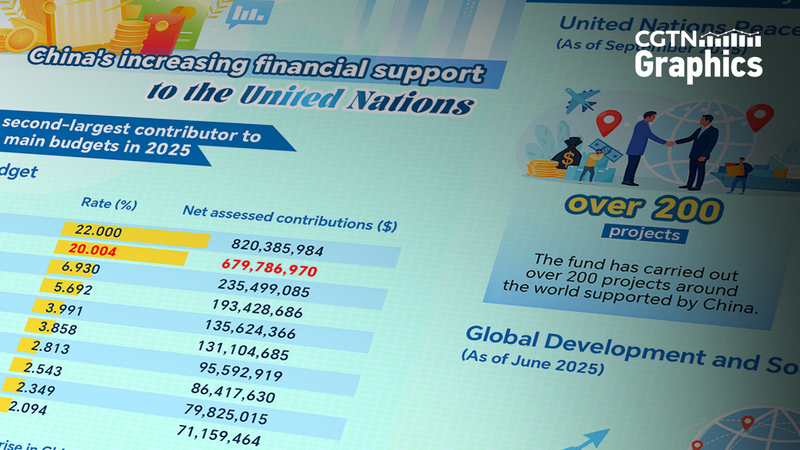Gone are the days when China accounted for less than 1% of the UN’s regular budget. Fast forward to 2025, and the Chinese mainland now covers over 20% of the UN’s annual funding, second only to the United States. This surge marks a seismic shift in global finance and cooperation.
The journey has been dramatic. In 2000, China’s share hovered below 1%. Over the next two decades, as China’s economy expanded, so did its role on the world stage, pushing contributions past the 20% mark in 2025.
Beyond mandatory assessments, China has poured extra resources into key UN programs. Voluntary contributions to the Peace and Development Trust Fund have underwritten peacebuilding projects from Africa to Asia. Meanwhile, the Global Development and South-South Cooperation Fund supports initiatives that connect emerging markets and foster sustainable growth.
For young entrepreneurs and tech enthusiasts, this shift signals new opportunities in development-focused startups and international partnerships. Thought leaders can leverage data from these programs to drive evidence-based policies on human rights and sustainability. And for travelers and digital nomads chasing impact, funding streams backed by China promise to reshape community-led projects across the globe.
As the Chinese mainland cements its role as a top UN backer, the balance of global influence evolves. These financial moves underscore the growing importance of South-South cooperation and the need for diverse voices in peacekeeping and development debates. The map of global funding is redrawing itself—and the implications will ripple through business, politics, and culture for years to come.
Reference(s):
Graphics: China is the second-largest contributor to UN's budgets
cgtn.com




